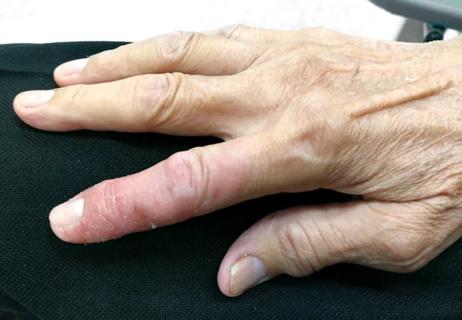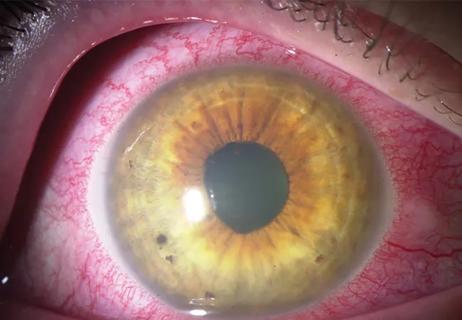
Unraveling the TNFA receptor 2/dendritic cell axis

Husni Lab focuses on transforming management and treatment

E-coaching program is tailored for those with the disease

Sustained efficacy and safety
Advertisement
Cleveland Clinic is a non-profit academic medical center. Advertising on our site helps support our mission. We do not endorse non-Cleveland Clinic products or services. Policy

Defect in myosin binding may explain why a significant percentage of patients do not adequately respond to anti-TNF therapy

Study assesses utility of patient-reported outcomes measures in uveitis and scleritis

Husni lab recently funded by NIH-NIAMS

Evaluating PROs in immune-mediated diseases

A practical PRO biomarker databank

Distinguishing the cause of fevers in patients with lupus
Advertisement
Advertisement